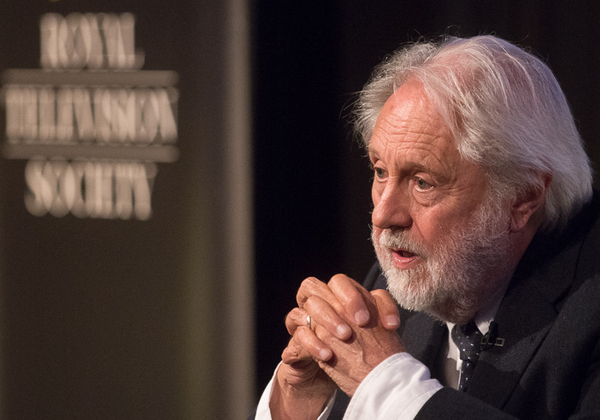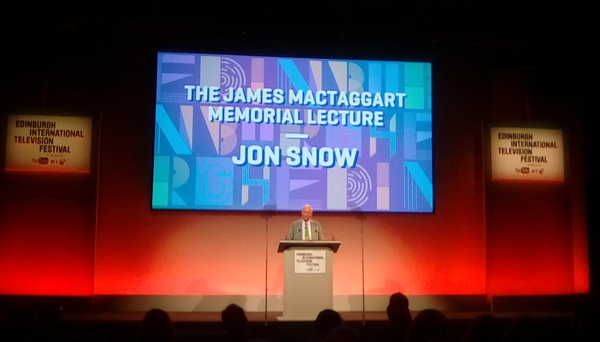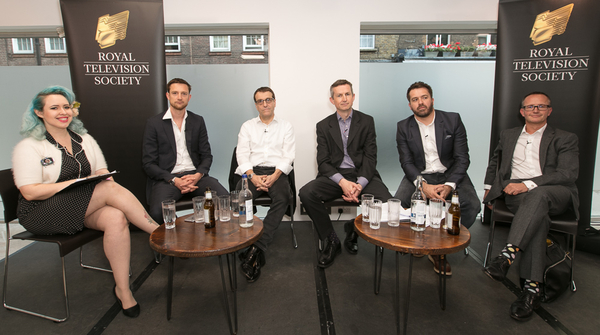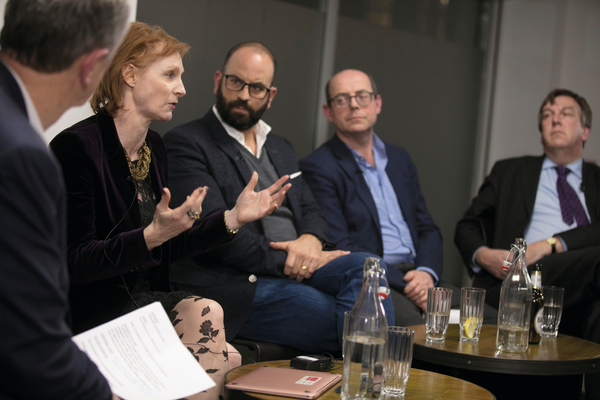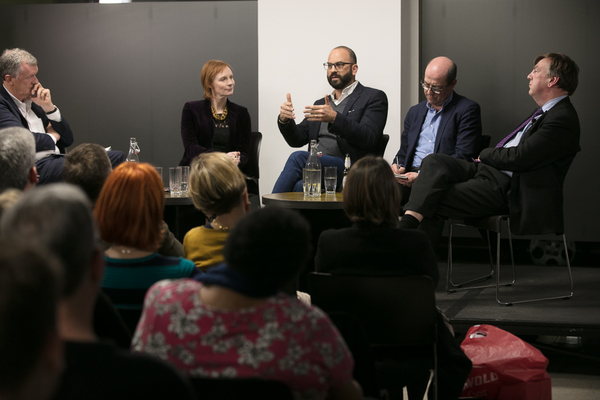Guest post: A four-step plan to safeguard UK television
Our reaction to a major change of any kind usually goes in phases…
Avoidance (“I’m not going to look”)
Denial (“I’ve looked but I don’t believe it”)
Fear (“We’re doomed”)
Panic (“I just need to do something”)
Response (“Ok – maybe there is something practical I can do”)
Acceptance (“Well that wasn’t so bad”)
British TV has been fairly consistent in following this pattern when it has faced transformative change in the sector in the past.



